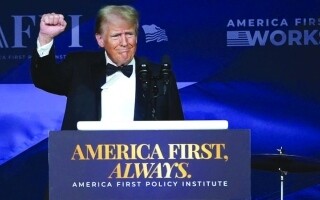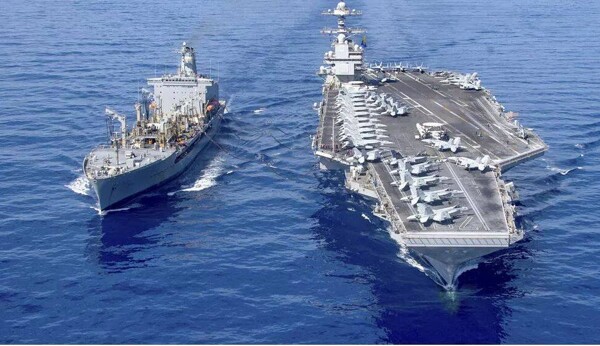
Today, global politics is actively discussing changes accompanying the actions of the Trump administration in the area of foreign policy. Critics emphasize the reductions made by the administration in the foreign aid program, jeopardizing potential human victims and undermining the established influence of the USA as the largest humanitarian donor. There exists a risk of division between rich and poor countries.
In light of the rejection by the administration of the agreement on climate change, withdrawal from arms agreements, threats to exit from the United Nations, or even to cease funding, all attention shifts to China, a country aspiring to lead in a multi-polar system. Despite the criticism, many countries agree with Trump regarding the analysis of the current geopolitical situation.
African countries no longer view aid as a blank check but see this tool as an establishment of authority over aid recipients. Local elites often exploit philanthropy for their own interests. Europe does not deviate from this, as Trump's stance on Ukraine reveals a threat to the continent's security.
Countries traditionally engaged in supporting global order and humanitarian aid are now reshaping their priorities. The convergence of powers in global politics is steadily changing, highlighting a shift in the identification of new opportunities and challenges. America continues to emphasize its interests, invoking a sense of security among partners and opponents.














